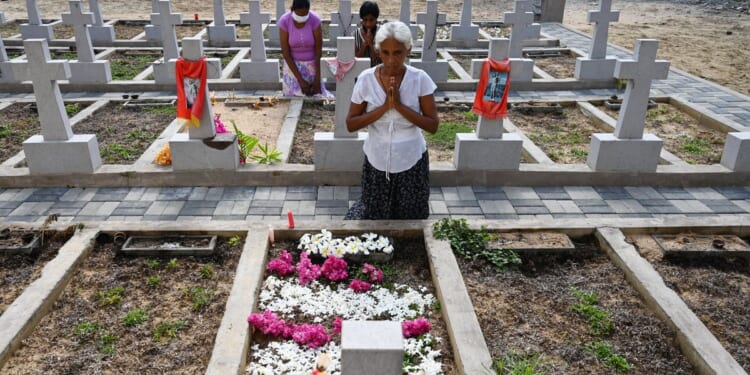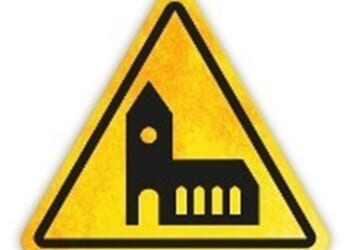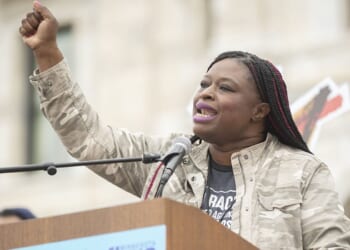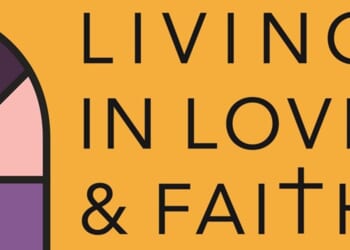An alleged Islamist, who was questioned over bombings that killed 269 people in Sri Lanka, is seeking asylum again in the UK after getting his original application rejected.
The man, who has been granted anonymity, was arrested over allegations he was involved in the 2019 Easter bombings that killed six Britons.
He left Sri Lanka after he was released on bail in 2022, arriving on UK shores to claim asylum in September of that year.
He told an immigration tribunal that he “fears persecution” if he returned home. He is also said to have denied all allegations against him.
His original asylum claim for himself and his wife was rejected by the Home Office; however he won an appeal against the decision at an upper immigration tribunal. His case will now be reheard.
The upper tribunal said: “[The Sri Lankan] had applied for protection on his own behalf and on behalf of his wife. He says that on January 5, 2022, he was arrested and questioned in connection with the Easter bombings, which took place in Sri Lanka on April 21, 2019.
“He says that he was released only on the payment of a substantial bribe and was subject to reporting conditions. He left Sri Lanka for the United Kingdom on September 2, 2022, and an arrest warrant was issued thereafter on September 15, 2022.
“He says that the police have attended his family home in Sri Lanka, and he fears persecution if returned to Sri Lanka.”

An alleged Islamist, who was questioned over bombings that killed 269 people in Sri Lanka, is seeking asylum again in the UK after getting his original application rejected
|
GETTY
The Sri Lankan argued that the judge was “biased” and that the “arrest warrant was not issued until after he left Sri Lanka, which the judge failed to appreciate”.
Deputy Upper Tribunal judge, Claire Burns, said that the original hearing had made errors, including that the man had been released on bail following an arrest warrant. She denied, however, that any previous judges were “highly prejudiced” in their approach.
“The judge erred in law in his analysis of the documentary evidence as set out above, and so for that reason the decision must be set aside,” she said.

38 foreign nationals were killed in the attacks, including six Britons
|
GETTY
The attack that the man has been linked to occurred in 2019 and saw suicide bombers targeting luxury hotels and churches across Sri Lanka.
The bombings claimed victims from the UK, Denmark, Portugal, India, Turkey, Australia, the Netherlands, Japan, Switzerland, Spain, Bangladesh, the US and China. Some 38 foreign nationals died in the attacks.
Anita Nicholson, 42, and her children, Alexander, 14 and Annabel, 11, were among the Britons who died in an explosion at the Shangri-la Hotel in Colombo.
IT director Lorraine Campbell, retired firefighter Bill Harrop and his wife, Dr Sally Bradley, also died in a blast at the Cinnamon Grand Hotel.
In total, there are believed to have been eight suicide bombers who were linked to the Islamic State. Sri Lankan police believe they were tied to a local militant group called National Thowheeth Jama’ath.
The Islamic State, which took responsibility for the attacks, said “members of the US-led coalition and Christians in Sri Lanka” had been targeted.
The attacks were Sri Lanka’s deadliest act of violence since the end of the 26-year civil war in 2009, which is thought to have killed up to 80,000 people.

















